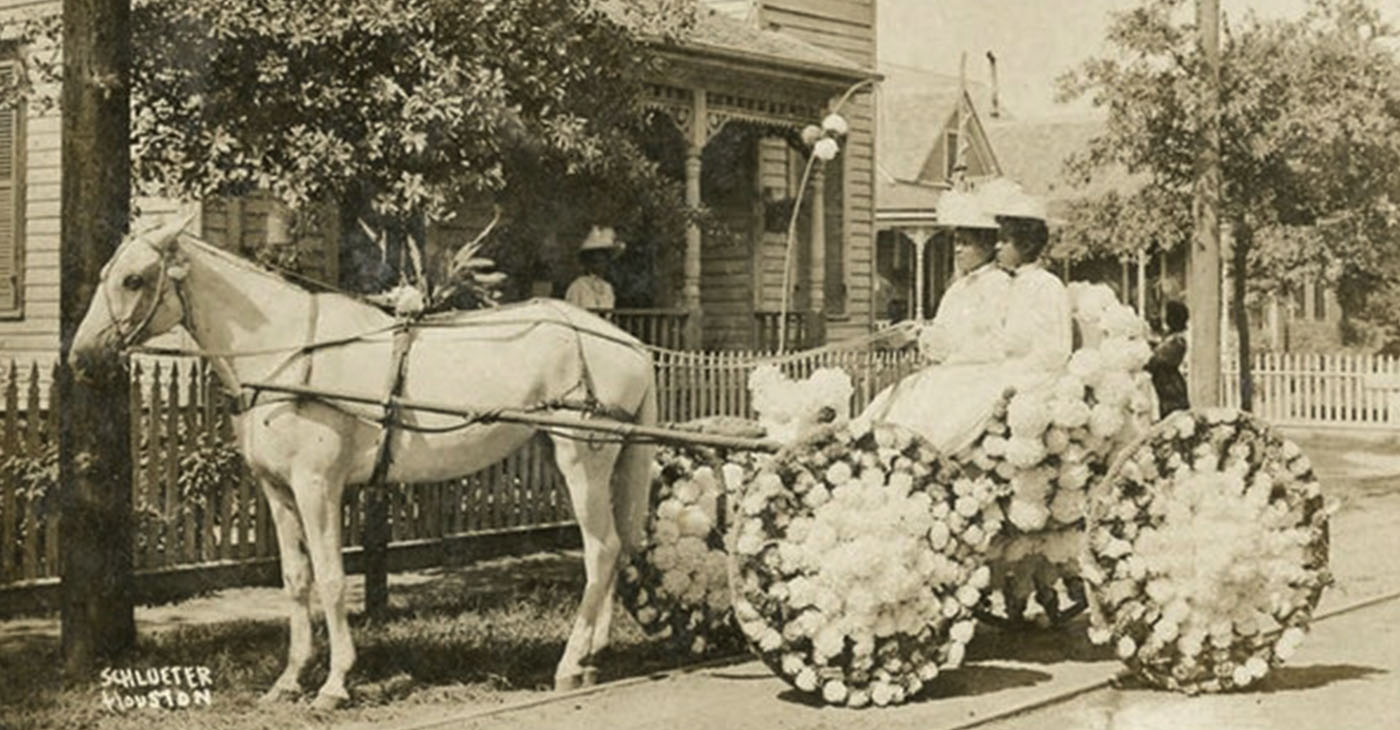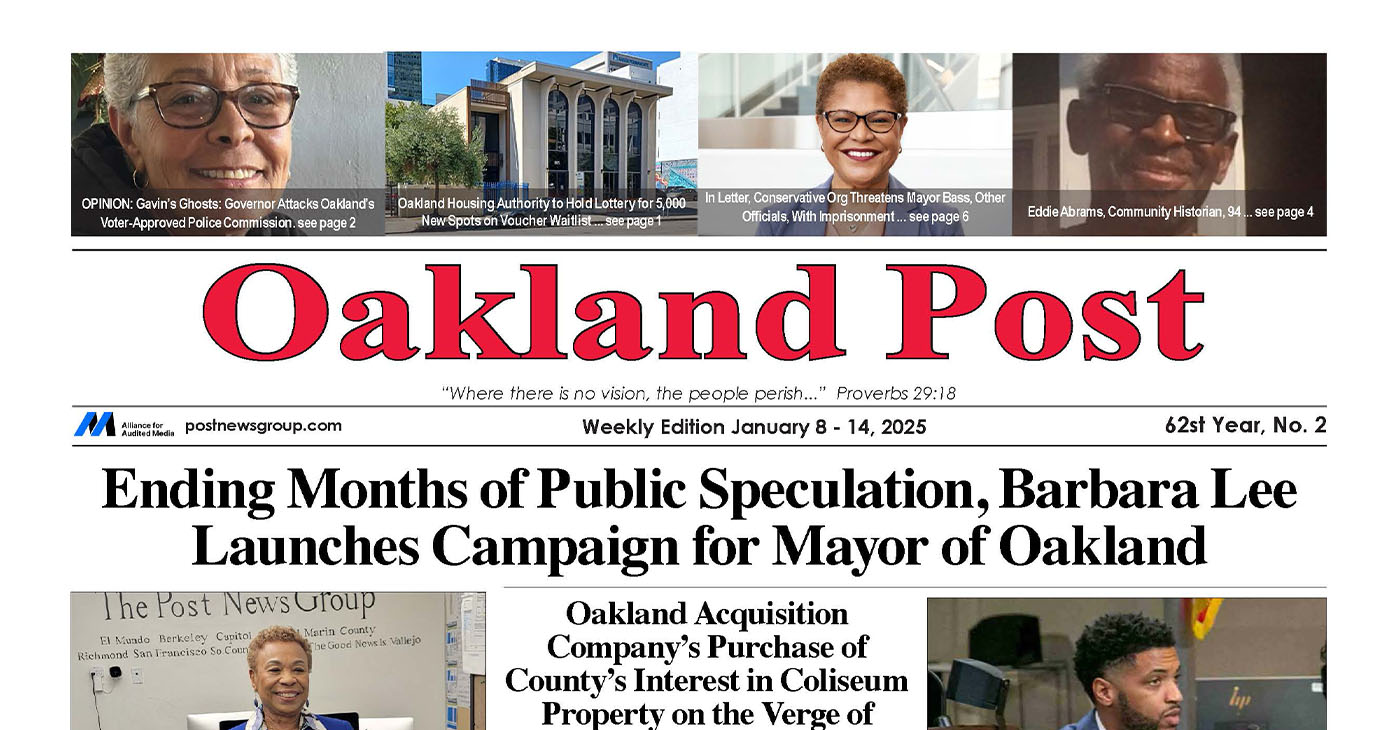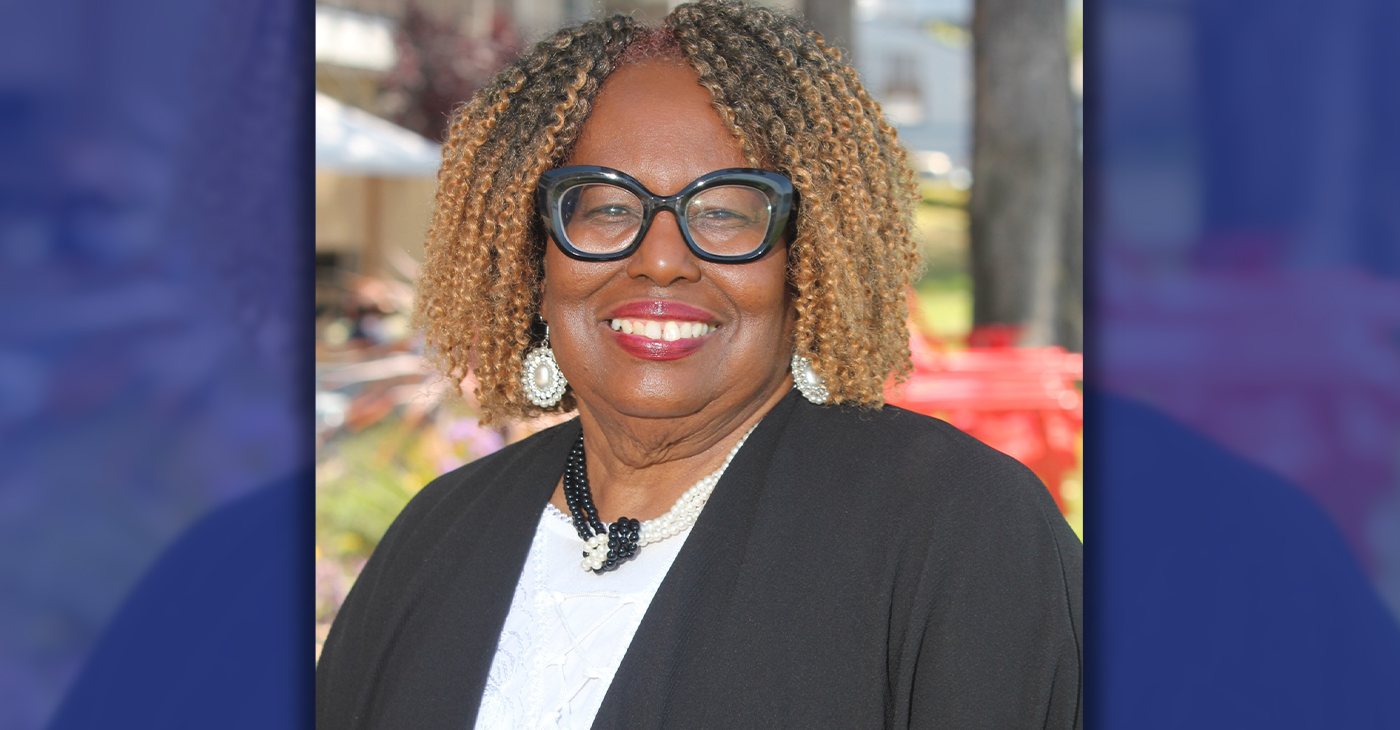Black History
COMMENTARY: Juneteenth Holiday Touches Collective Memory of African American: It Deserves Honor
Dec. 31, 1862, then, would become the Watch Night of all Watch Nights. Ninety-nine days earlier, Pres. Abraham Lincoln had announced his intention to free people enslaved in most of the Southern states. It was sometime late the morning of Jan. 1, 1863, when Lincoln finally signed the document known as the Emancipation Proclamation and word immediately crossed the country, tapped out in Morse code on telegraph wires.

By Wanda J. Ravernell
It was a long time coming.
For centuries, they had prayed, fought and died seeking freedom from slavery.
The day they had awaited they called ‘Jubilee.’
Depending on where they resided, the day of ‘Jubilee’ came in fits and starts. In New Hampshire, the last slave was freed in 1853, New York in 1827 and Pennsylvania by 1810.
Enslaved people vicariously celebrated the 1791 revolt in Haiti leading to the first Black republic in the Western Hemisphere in 1804. The 1834 manumission of Blacks in Jamaica was another milestone.
During the slave era, New Year’s Day was dreaded as it was when enslavers settled their debts with the lives of their ‘property.’ New Year’s Eve, then was not celebrated, but rather spent in fervent prayer that their loved ones not be sold away.
Dec. 31, 1862, then, would become the Watch Night of all Watch Nights. Ninety-nine days earlier, Pres. Abraham Lincoln had announced his intention to free people enslaved in most of the Southern states. It was sometime late the morning of Jan. 1, 1863, when Lincoln finally signed the document known as the Emancipation Proclamation and word immediately crossed the country, tapped out in Morse code on telegraph wires.
But news of Jubilee didn’t reach Texas.
It would be two and half years and more than two months after the Confederate army surrendered to a Union Army that included Black men that soldiers brought the news to Galveston, Texas, on June 19, 1865.
The date would be contracted to Juneteenth and become the most widely and continuous celebration of the end of slavery in the U.S. Other states had Freedom Day or Emancipation Day, but those observations had died out as, for the sake of assimilation, Blacks distanced themselves from that dark past.
But not Black Texans, who took their custom with them during the Great Migration that began in earnest in 1915.
In Western cities with sizeable Black populations Juneteenth observations sprang up without the sanction of local government. (Texas would declare Juneteenth a statewide holiday in 1980.)
San Francisco (48 years), Berkeley (35 years), San Jose (41 years) and Vallejo (28 years) are Bay Area cities that have formalized the observation.
In Oakland, for the third year, Councilmember Loren Taylor and Project Lend A Hand– which provides school supplies for needy children — will hold a Juneteenth fundraiser called In the Town.
Barbara Howard of Brilliant Minds Inc., has held a Juneteenth the Last Saturday of the month since 2008. It will take place on June 25, 2022 ,at 925 Brockhurst St. It is free and open to the public
Others, like American Canyon, are holding their first Juneteenths, now that it has become the latest federal holiday, signed into law by Pres. Joe Biden on June 17, 2021.
Juneteenths have typically followed the pattern of those in Texas with parades, barbecues, and festivals, but making Juneteenth a national holiday has some Black people wondering what to do.
Unlike the other holidays that mark the summer, this one has meaning closer to our collective heart.
Frederick Douglass famously asked, “to what is the slave the Fourth of July?” because they had no freedom to celebrate.
Flowers brought to gravesides mark the monuments to loss on Memorial and Veterans’ Day.
But for many of us, these holidays (holy days) are mostly opportunities to gather with loved ones, have some food, play cards, eat some ’que and dance to recorded music in the summer and sleep late on chilly November 11.
So, what do we do with this holiday? This clearly holy day for our enslaved ancestors? How do we honor those who didn’t live to see the day of Jubilee?
And then there’s the quintessential question pushing forward from the back of the collective Black mind: How free are we? With mass incarceration and the persistent ills of the modern Jim Crow era, some would say that slavery never ended.
Research shows that in the initial decades after the news reached Galveston, the formerly enslaved went to church and prayed and gave thanks for the freedom they had attained.
More than 150 years later, perhaps we can set our natural cynicism aside long enough to be happy for our ancestors’ moment.
Perhaps, we won’t go to church. But we can light a candle. We can sing a freedom song together or sing the Black National Anthem in its entirety. We can hang the black, red and green Liberation colors or the Juneteenth flag in the front window.
We can set aside a symbolic plate of ’que, potato salad and greens and pour on the ground a libation of some red drink – hibiscus or Johnny Walker Red.
We can express our gratitude that they lived so we could live.
But perhaps most important, we need to teach our children. And maybe, just maybe they’ll bless us with a freestyle rhyme in the holy names of our ancestors.
Activism
Oakland Post: Week of January 8 – 14, 2025
The printed Weekly Edition of the Oakland Post: Week of January 8 – 14, 2025

To enlarge your view of this issue, use the slider, magnifying glass icon or full page icon in the lower right corner of the browser window.
Activism
Barbara Lee Launches Campaign for Mayor of Oakland
“At this critical moment, we must not be a city divided, but a community united,” she Lee. “If elected I will bring my hands-on leadership, new ideas and decades of experience in identifying billions in resources for our great city, so all residents and businesses are stronger and safer and our community has optimism and confidence in Oakland’s future.”

By Post Staff
Barbara Lee on Wednesday morning formally announced her candidacy for Mayor in Oakland’s April 15 special election.
“Time and time again, Oaklanders have faced our toughest obstacles by uniting to meet our challenges,” said Lee.
“At this critical moment, we must not be a city divided but a community united,” she said. “If elected, I will bring my hands-on leadership, new ideas, and decades of experience in identifying billions in resources for our great city so all residents and businesses are stronger and safer and our community has optimism and confidence in Oakland’s future.”
“As Mayor, I’ll address our homelessness crisis, prioritize comprehensive public safety and mental health services, and lead with fiscal responsibility to deliver the core City services residents and business owners deserve. Let’s do this – together.”
“I’ve never shied away from a challenge,” said Lee. “I’m always ready to fight for Oakland.”
Watch her campaign video here, which is online at BarbaraLee4Oakland.com
Activism
Oakland NAACP President Stands on the Frontlines for Equity
With education as a cornerstone, Adams emphasized the importance of youth having access to quality kindergarten through 12th-grade education along with college or vocational programming beyond high school. “I feel that it’s so important for our children to get a good education in K-12th grade, along with the colleges of their choice, especially with the HBCU’s (Historically Black Colleges and Universities).”

By Carla Thomas
For Cynthia Adams, president of the Oakland chapter of the NAACP, fighting for the rights of Black people comes naturally. With southern roots in Arkansas, Adams experienced firsthand the injustice and unfairness of racism.
“Growing up in the Jim Crow South, I experienced the unfair treatment of people of color and how faith can inspire communities to bring about positive and long-lasting change,” said Adams. Adams says a combination of her family and faith has kept her strong in the face of adversity and inspired her life’s work of advocacy.
Adams chose education as a career path — and a means to achieve equity and overcome racism. She earned her bachelor’s degree at the University of Arkansas at Pine Bluff and later received an advanced degree from California State East Bay.
Adams’ experience as an Oakland Unified School District (OUSD) recorder, a counselor, a researcher, and a college recruiter has allowed her to be laser-focused on youth. She also served as the chairperson for the Oakland NAACP youth.
“The mission of the National Association for the Advancement of Colored People is to ensure the political, educational, social, and economic equality of rights of all persons and to eliminate race-based discrimination. We want to ensure our citizens have equal rights and opportunities without discrimination based on race.”
As a partner with the State of California’s Stop the Hate campaign, Adams says the initiative is a step in the right direction. “It’s great that our governor and state created the Stop the Hate campaign and provides resources for victims of racism and other hate crimes,” said Adams. “The racism toward Black people has increased and our children are being targeted,” she continued.
“We, at the Oakland branch, created a declaration on racism that will amplify the needs of our community to combat racism,” continued Adams. “That declaration was adopted nationally.”
Bridging communities and collaborating is also a strategy for moving society toward justice, according to Adams.
“Through the NAACP, we build connections between communities and advocate for the rights of historically marginalized and oppressed individuals,” said Adams. “Collective action is the only way to advance civil rights and promote social equity.”
With education as a cornerstone, Adams emphasized the importance of youth having access to quality kindergarten through 12th-grade education along with college or vocational programming beyond high school. “I feel that it’s so important for our children to get a good education in K-12th grade, along with the colleges of their choice, especially with the HBCU’s (Historically Black Colleges and Universities).”
By taking stands on supporting former Oakland Police Chief LeRonne Armstrong to supporting the recall of a mayor faced with a scandal that brought negative national press to the city of Oakland, Adams has always demanded more for her people, and better for Oakland, the city she calls home.
She expressed pride in the national organization’s announcement of a $200 million fund designed to empower Black funders nationwide. “We all know the health of a community begins with economics,” said Adams.
Adams says that strengthening Black businesses automatically sustains a community. “We’ve also got to educate our community on opportunities and teach our children critical thinking so that they can provide the next generation of solutions for society,” said Adams.
-

 Activism3 weeks ago
Activism3 weeks agoBooks for Ghana
-

 Arts and Culture4 weeks ago
Arts and Culture4 weeks agoPromise Marks Performs Songs of Etta James in One-Woman Show, “A Sunday Kind of Love” at the Black Repertory Theater in Berkeley
-

 Bay Area3 weeks ago
Bay Area3 weeks agoGlydways Breaking Ground on 14-Acre Demonstration Facility at Hilltop Mall
-

 Activism4 weeks ago
Activism4 weeks ago‘Donald Trump Is Not a God:’ Rep. Bennie Thompson Blasts Trump’s Call to Jail Him
-

 Activism3 weeks ago
Activism3 weeks agoLiving His Legacy: The Late Oscar Wright’s “Village” Vows to Inherit Activist’s Commitment to Education
-

 Arts and Culture3 weeks ago
Arts and Culture3 weeks agoIn ‘Affrilachia: Testimonies,’ Puts Blacks in Appalacia on the Map
-

 Alameda County3 weeks ago
Alameda County3 weeks agoAC Transit Holiday Bus Offering Free Rides Since 1963
-

 #NNPA BlackPress4 weeks ago
#NNPA BlackPress4 weeks agoCalifornia, Districts Try to Recruit and Retain Black Teachers; Advocates Say More Should Be Done



















































